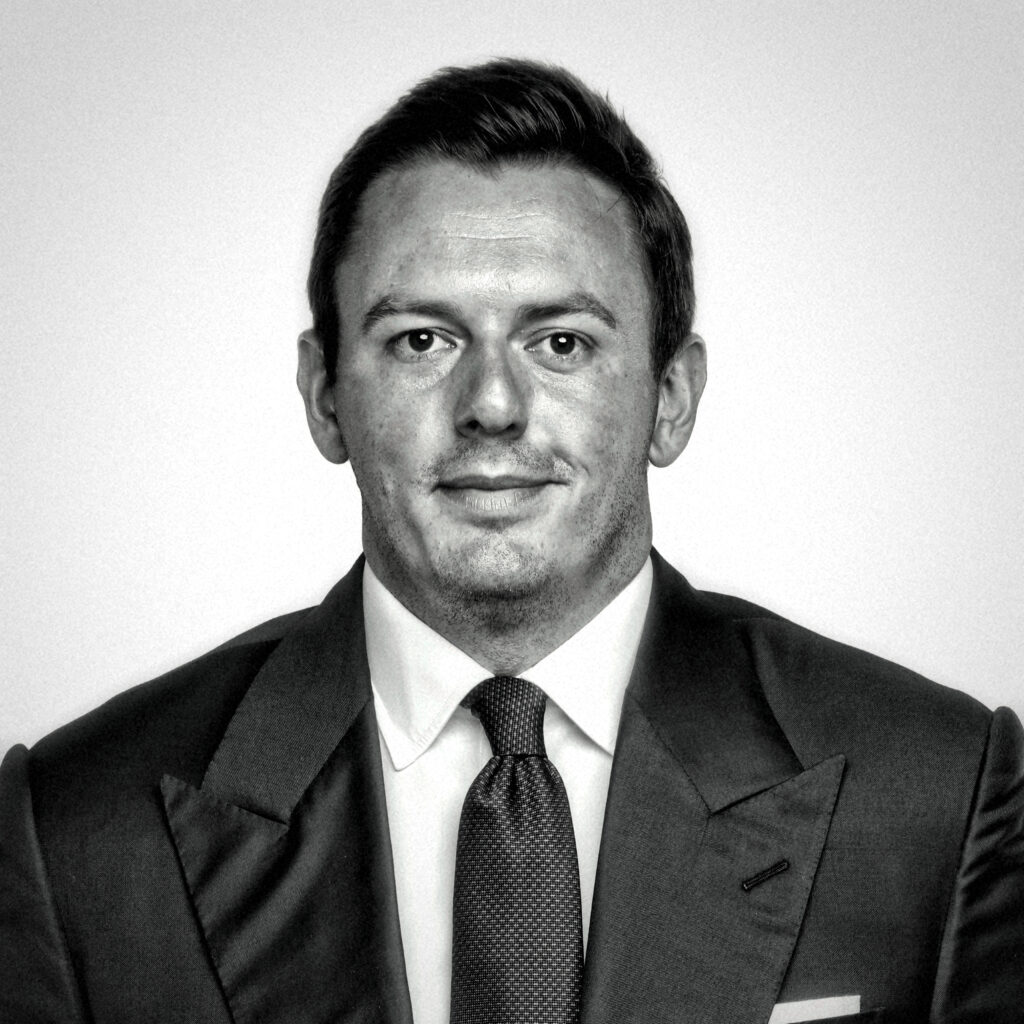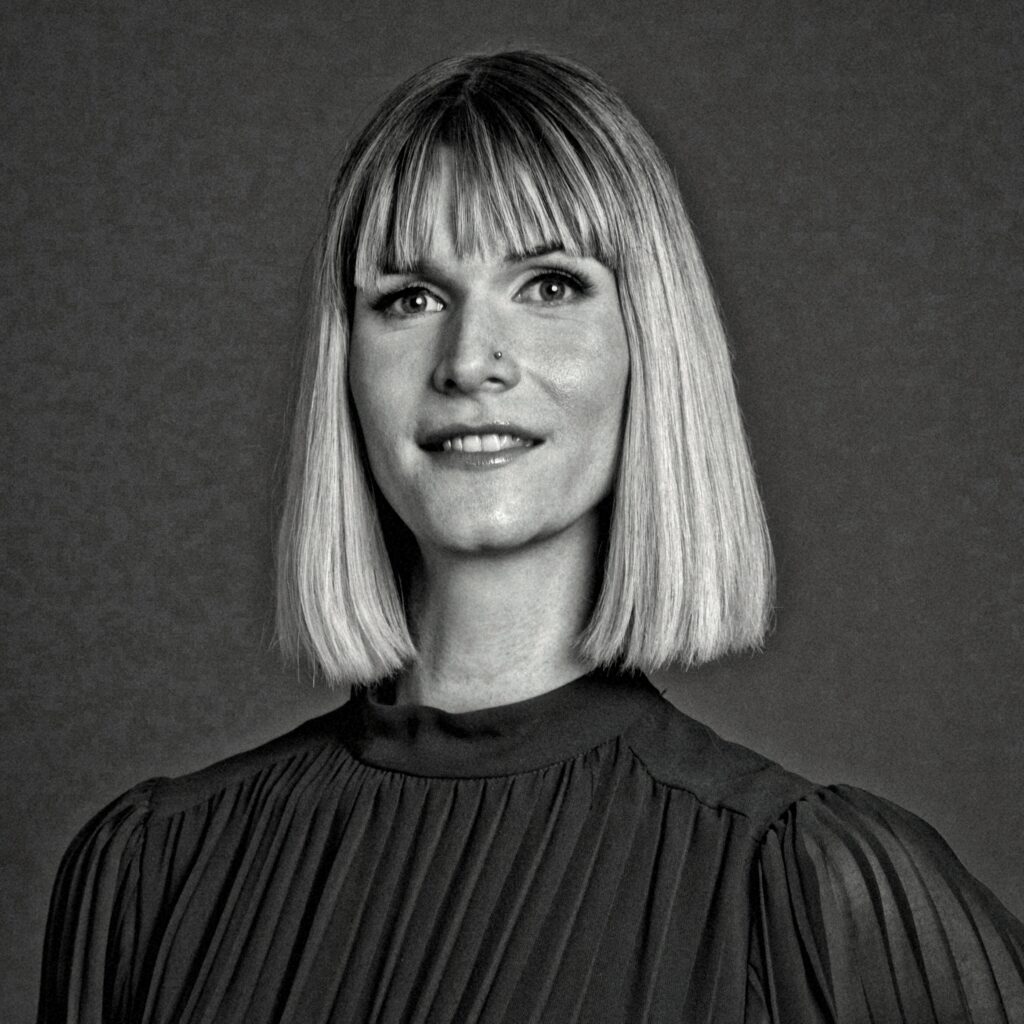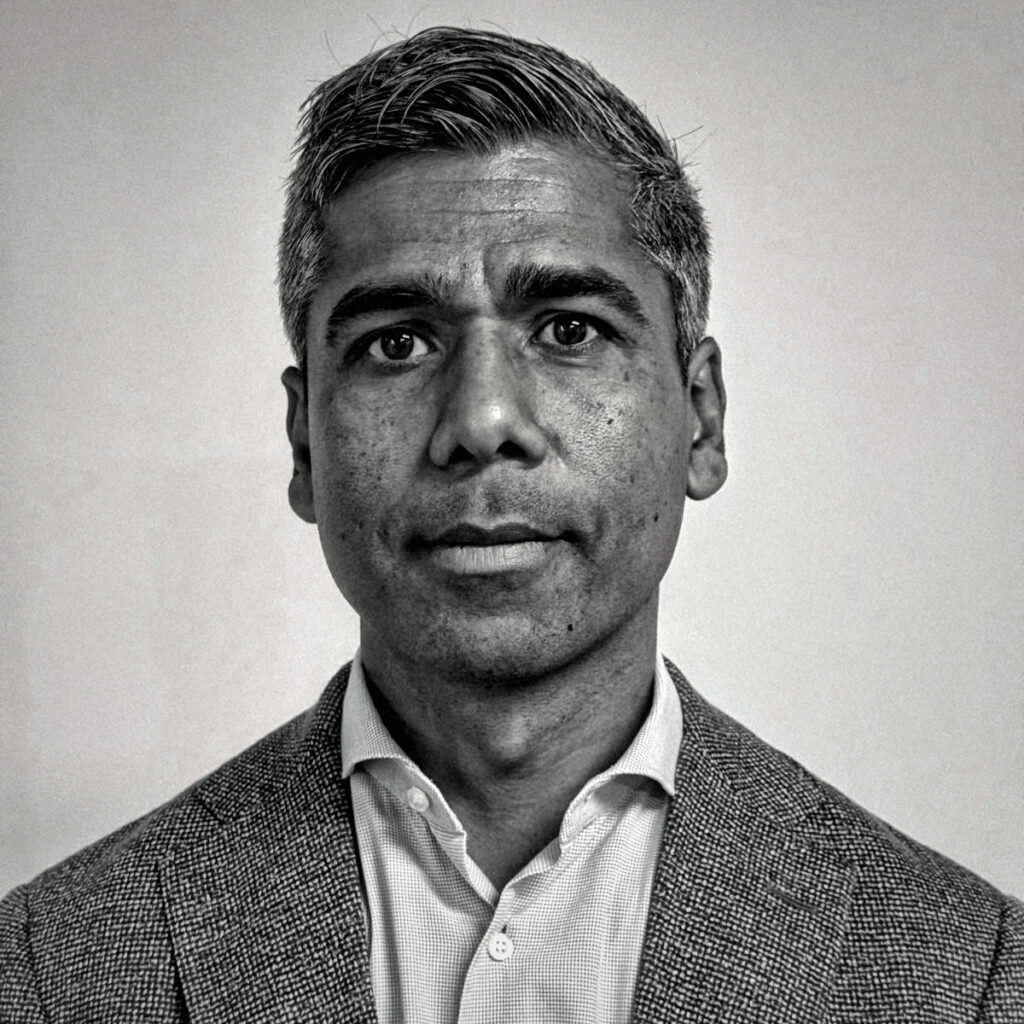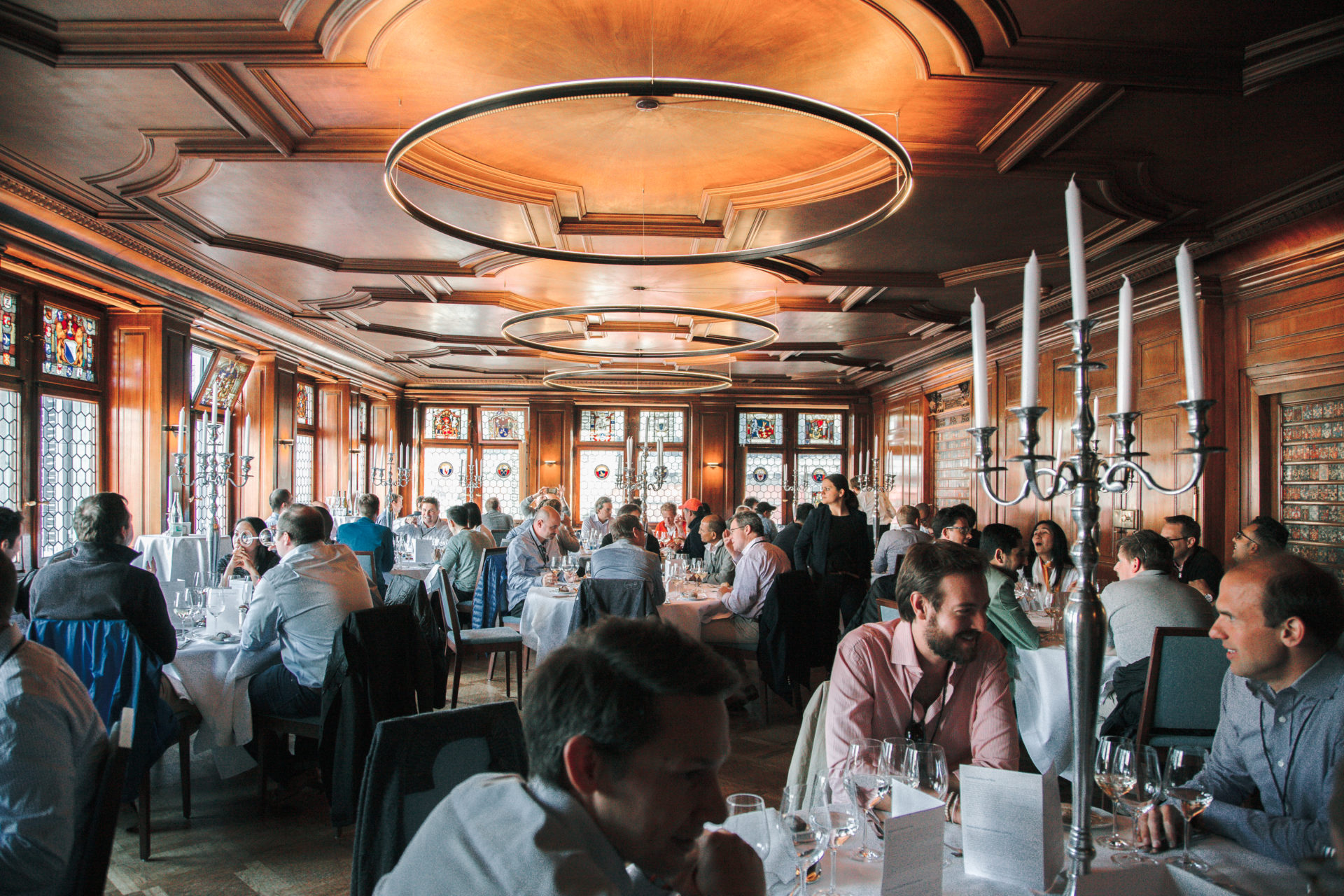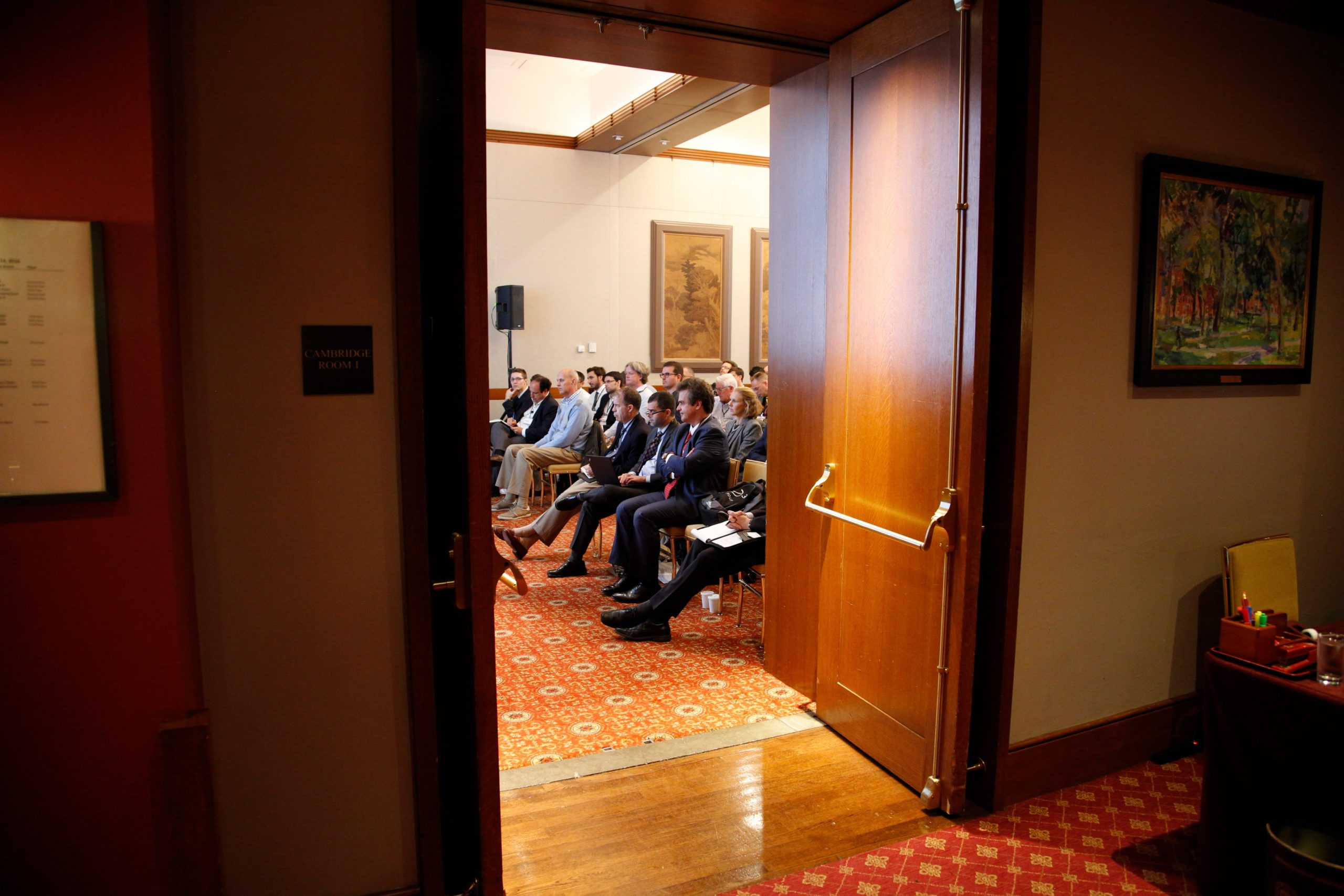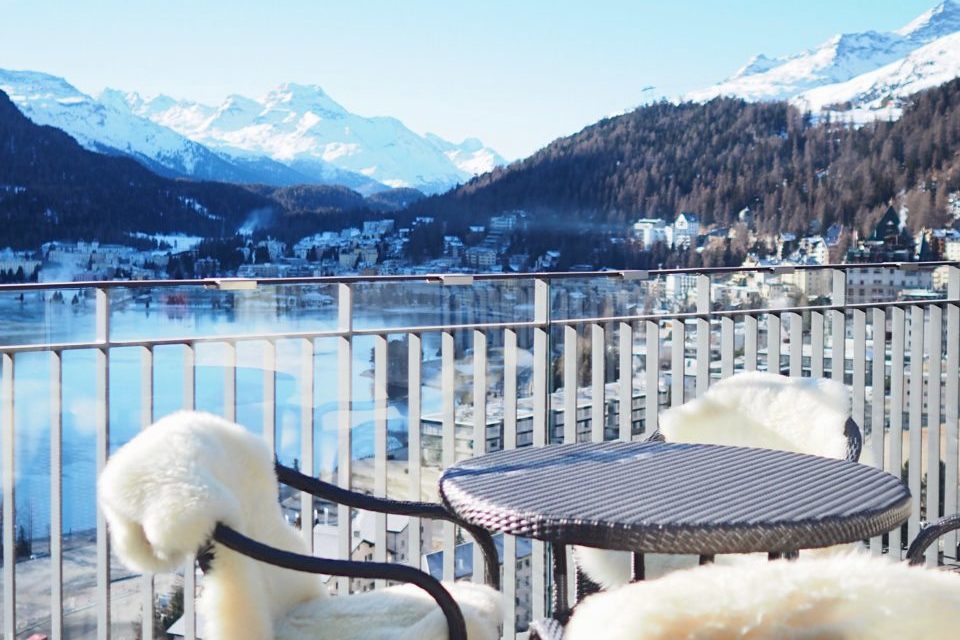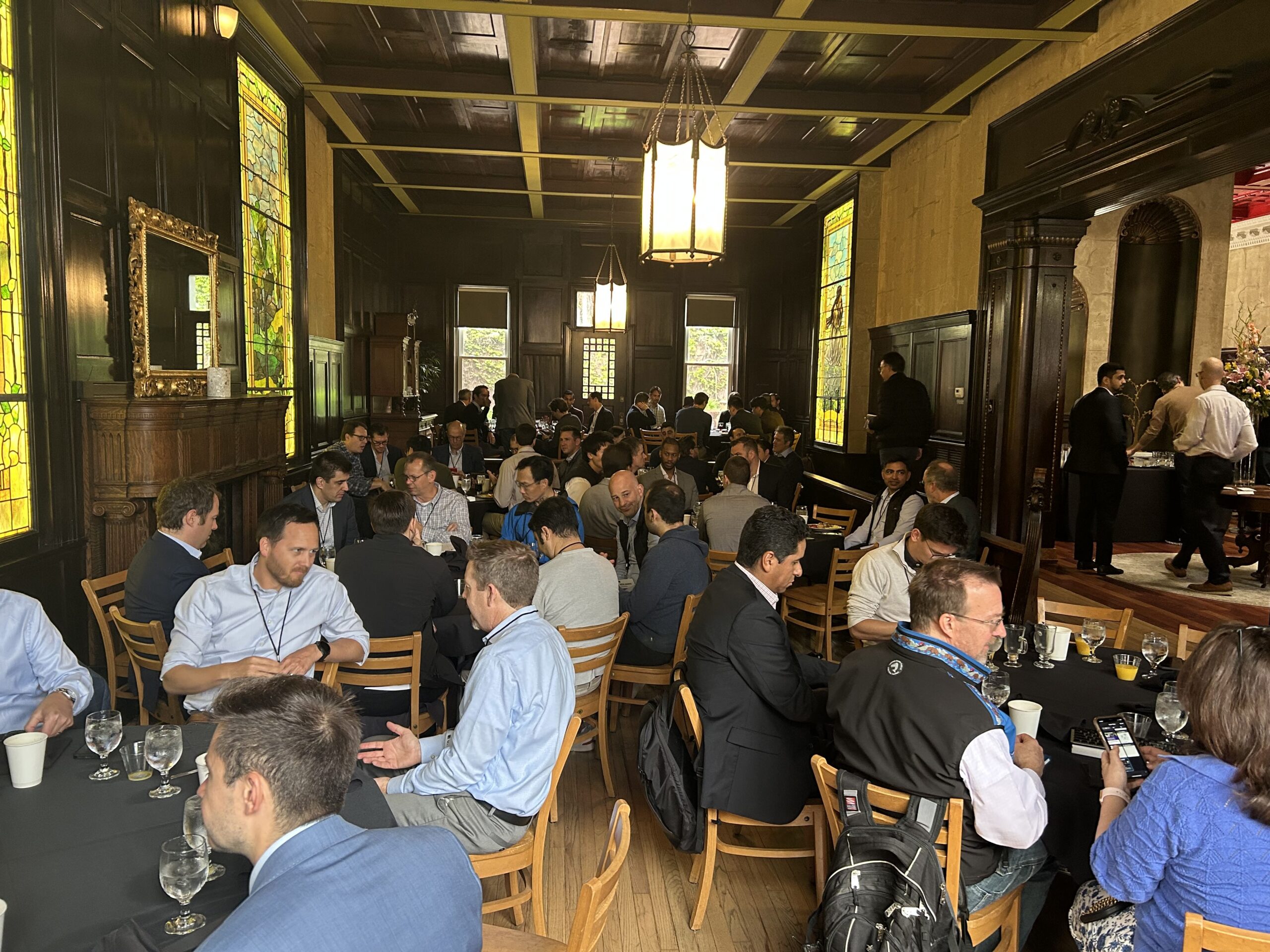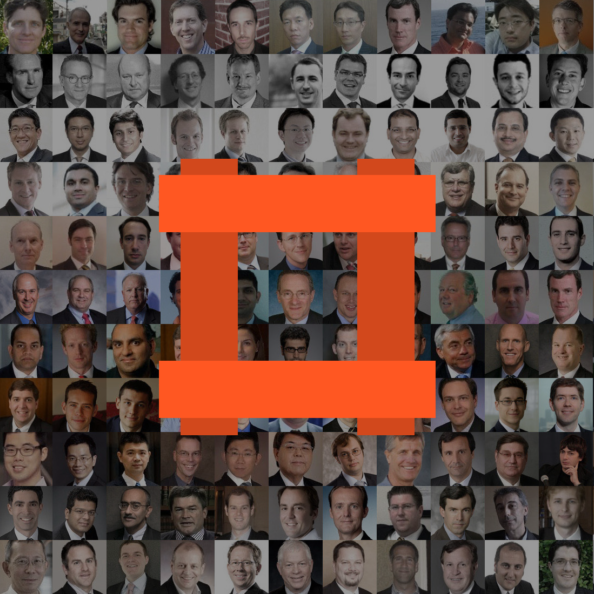We had the pleasure of learning about activist investing in Europe from Florian Schuhbauer, Portfolio Manager of Active Ownership Fund. Based in Germany, Florian has a track record of value creation in European public companies.
Prior to launching his firm, Florian was a partner at Triton Partners, a leading European private equity firm. Florian also held top investment management and business operational positions at AVI/General Capital Group, Deutsche Post World Net & DHL Global Mail, Newtron AG and Dresdner Bank/Dresdner Kleinwort Benson. At Active Ownership Fund, Florian focuses on making significant minority investments in a limited number of undervalued small- and mid-cap companies in Northern Europe and to increase their value through operational, strategic and governance improvements.
MOI Global: Some investors may think of active approaches to Europe as very difficult. How do you assess activism in Europe, especially relative to the U.S.?
Florian Schuhbauer: It’s sort of a blank point for a lot of investors because you hardly ever read about activism in Europe. Especially in Germany, where I’m from, you had one big case, which was Deutsche Boerse with TCI and Atticus. Afterwards, we had the big “locust” discussion and hedge funds were basically thrown out of Germany. At least that’s what’s perceived. The reality is different. There are benefits to go about it this way because you hardly have any competition, which obviously helps in generating good returns.
From a German perspective, a U.S. activist investor basically does a lot of noise, puts a lot of pressure on companies’ management teams to a) buy back shares and b) payout dividends. Such a hostile approach wouldn’t work in Germany.
From a German perspective, a U.S. activist investor basically does a lot of noise, puts a lot of pressure on companies’ management teams to a) buy back shares and b) payout dividends. Such a hostile approach wouldn’t work in Germany. It wouldn’t work successfully long-term. You can do that once or twice and then your reputation is damaged. Nobody would work with you anymore. You can argue, “Who cares, because it’s hostile anyway,” but I do think that if you approach somebody in a constructive way you get much better access to the company and much better information. Plus, there might be a point where you’re perceived as hostile that you’re not getting the right industry experts anymore.
To be fair, a lot of the stuff a U.S. activist investor is doing is pretty much the same thing we are doing. All of us are looking for undervalued companies. We might do that differently, but it’s not a science. What we’re doing is an art. Looking for undervalued companies with a big margin of safety and with some issues that we can identify and then, hopefully, change. There’s hardly any other investor than activist investors who do that much work analyzing a company, really turning every stone, trying to do a full insight in due diligence. Sometimes we are even allowed to look into the books to really dig deep, which wouldn’t be the case if you are hostile. I think all of us work together with multiple industry experts that help you define the issues, the risks of the company and how that can be tackled. Then that essentially helps you define a value increase plan. That plan usually then gets discussed either publicly or behind closed doors with the management team, with the board, with interested parties.
That is pretty much the essence of the work behind the scenes and the big difference is the way you approach companies. We always do this behind the scenes. I’ve invested in this strategy since 2006. I pretty much know most of the companies that are somewhat interesting. They are long-term relationships, so there is just a natural approach and a constant dialog, actually. We concentrate and focus on one case and that obviously gets intensified. For us, the press is only the last resort. Really, if you cannot get to the management – to the board – quite frankly, I’d rather not invest than use the press. Why? Because reputation is key in our culture. The cultural differences are very important. It’s much more connection-oriented and far less control virtually, so it’s key that you have the right access to people and that there’s a base of trust. I think that is maybe the biggest difference. Once you’ve gone through this point of analyzing, the real question of how to be successful is actually how to get into control.
In Germany, if you have more than 5% in a company, you can just put any item on the agenda of an AGM.
For a U.S. investor, their way to get control or to get influence is using the press and doing costly proxy fights. Thanks to our corporate governance regime, we have much better ways to do that. Just to give you two examples. In Sweden if you’re one of the four largest shareholders, you’re automatically asked to join the nomination committee and if you’re not asked, you just raise your hand. The nomination committee nominates the board every year. It’s a two-tier system. You have the board of directors and the management team. Usually, the management is not represented on the board, so there is a clear hierarchy. The board gets elected by shareholders or shareholder representatives, then hires and fires the management. Our managers know that. It’s not that you suddenly have to fight against the CEO and the Chairman who is actually the same person. It’s a two-tier system, checks and balances. That clearly helps.
Another example is Germany, where if you have more than 5% in a company, you can just put any item on the agenda of an AGM. You can also call EGMs relatively easily and there are always legal ways to delay that, but essentially, you can call EGMs and then put your own items on the agenda, which makes it easier to get control. Maybe one other thing is our shareholder culture is very different. It’s far less developed, so if you take out family-controlled companies and note that typical AGM presence is below 50%, which means on average 20-25% shareholding in a company gives you a majority at the AGM, which puts you in full control of a company, that obviously is fantastic and offers a lot of opportunities.
MOI: Explain why you focus on the Nordic countries and give us a sense of the differences within Europe.
Members, log in below to access the restricted content.
Not a member?
Thank you for your interest. Please note that MOI Global is closed to new members at this time. If you would like to join the waiting list, complete the following form:


